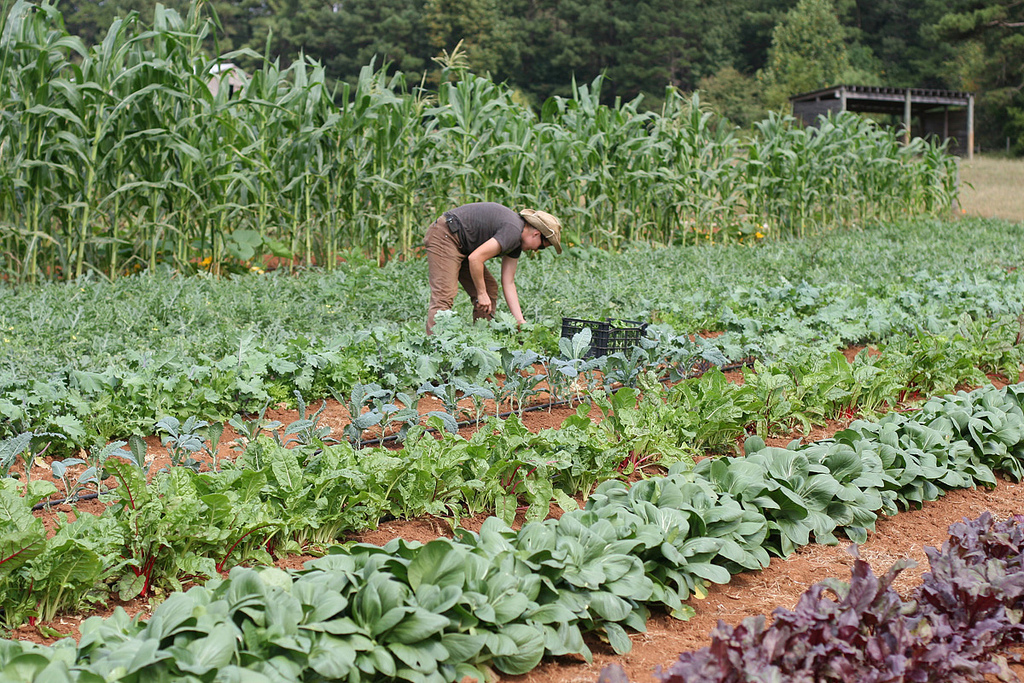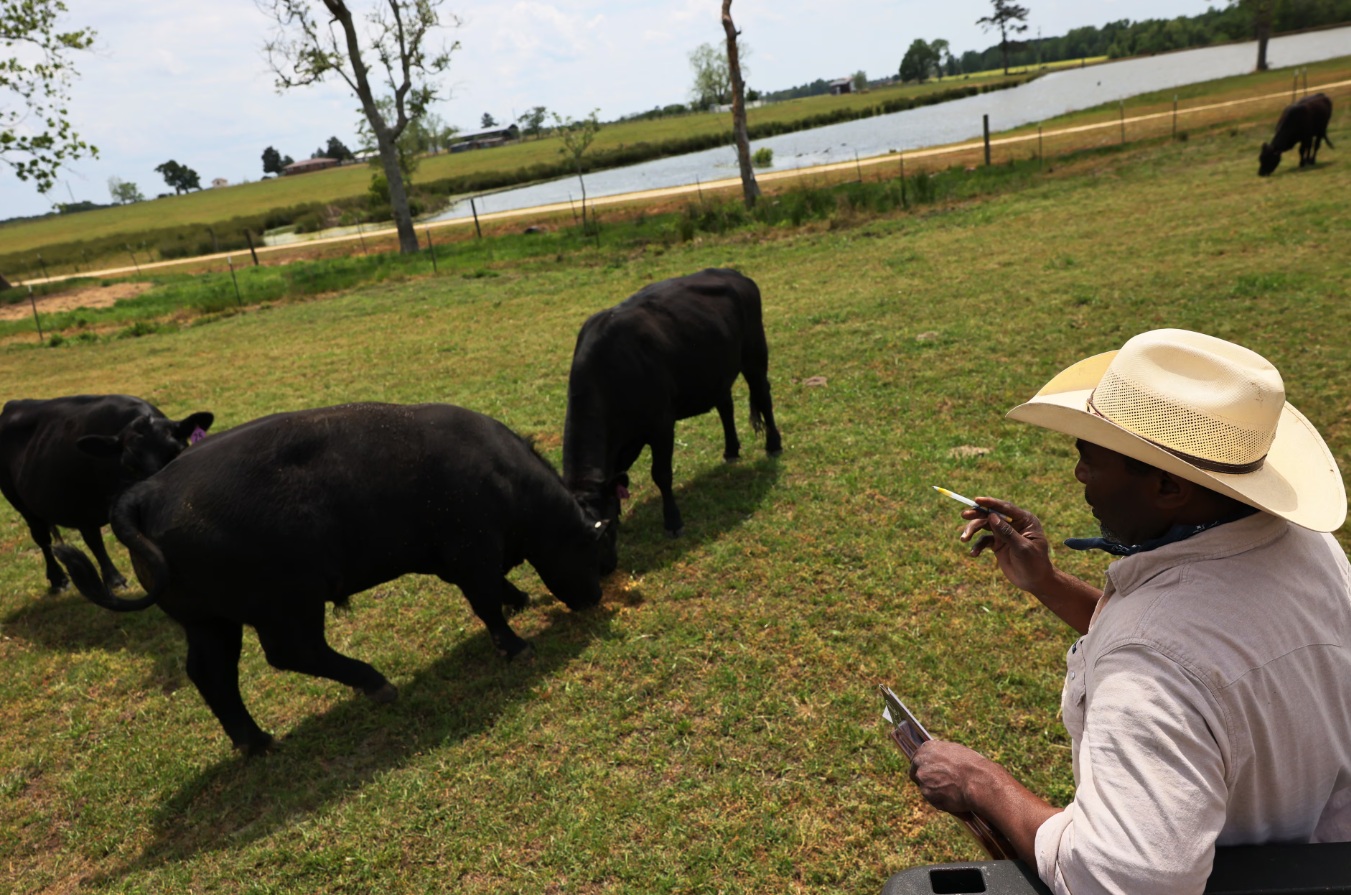By Tim Sexton, SFOP grants specialist and soil expert
It’s important to maintain the health and productivity of your soil. One way to do this is by planting summer cover crops or green manure crops in areas that have been harvested or will be planted later in the growing season. Summer annuals such as buckwheat and pearl millet are great options for cover crops as they help to prevent erosion and suppress weed growth. They also have the added benefit of adding nutrient-rich organic matter back into the soil, which can be especially helpful in areas that have been depleted of nutrients by previous crops. One of the main benefits of planting a cover crop is that it retrieves the residual nutrients from the previous crop, reducing the amount of fertilizer required for the next crop. By adding organic matter back into the soil, nitrogen, phosphorus and potassium are released back into the soil, which can be used by the next crop.
In addition to providing nutrients, cover crops can also help to improve soil structure, increase water-holding capacity and create a more favorable environment for the next crop. Buckwheat and pearl millet are great options for summer cover crops as they are easy to mow
and can be quickly turned over to prepare the soil for the next crop. Planting a summer cover crop or green manure crop is a smart and sustainable way to maintain the health and productivity of your soil. By reducing the need for synthetic fertilizers and improving soil structure, you can help create a more sustainable and resilient agricultural system for the future.
If you’re interested in planting a summer cover crop, consult with your SFOP program assistant for more detailed information on the best options for your area.






